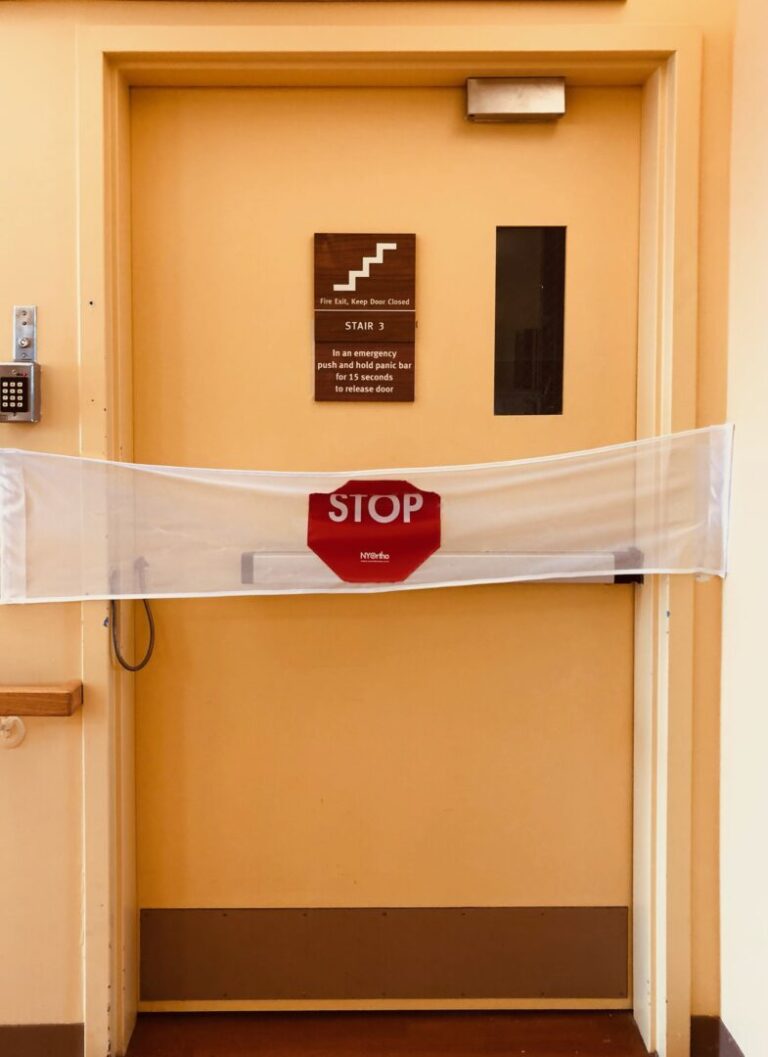In 2020, the COVID-19 pandemic exploded and nursing homes rapidly became overwhelmed with disease, death, and despair. During this time, I learned Sylvia, an old woman with dementia I had befriended, was one of the many old and disabled people confined in nursing homes who did not survive. In this reflective and part personal, part scholarly essay, I leave evidence of and for Sylvia and the nearly 200,000 old and disabled people and care workers who contracted COVID-19 and died within the confines of neoliberal, profit-driven long-term care institutions. Disability justice activist Mia Mingus writes, “We must leave evidence. Evidence that we were here, that we existed, that we survived and loved and ached.” Leaving evidence is a political act, a form of resistance in an ableist word. And yet leaving evidence is particularly challenging in the context of dementia, care, confinement, and death—making it even more important, more urgent. Building on Ellen Samuels’ assertion, “Crip time is grief time,” I consider how mourning Sylvia and countless other nursing home deaths, interwoven with my own experiences of distress, yet also solidified my need to survive, might leave evidence and keep working toward an abolitionist future—one in which old and disabled women like Sylvia, like my future self, might thrive.
Articles by Hailee M. Yoshizaki-Gibbons
Hailee Yoshizaki-Gibbons is an Assistant Professor in Biomedical Humanities at Hiram College. She received her PhD in Disability Studies with a Concentration in Gender and Women’s Studies from the University of Illinois at Chicago. Her research employs an intersectional lens to examine the ways gender, race, class, and immigration status mediate the lives of old and disabled people and those who care for them. Her current project analyzes how temporality influences the care relationships between old women with dementia and the immigrant women of color employed to care for them in dementia units of nursing homes.
